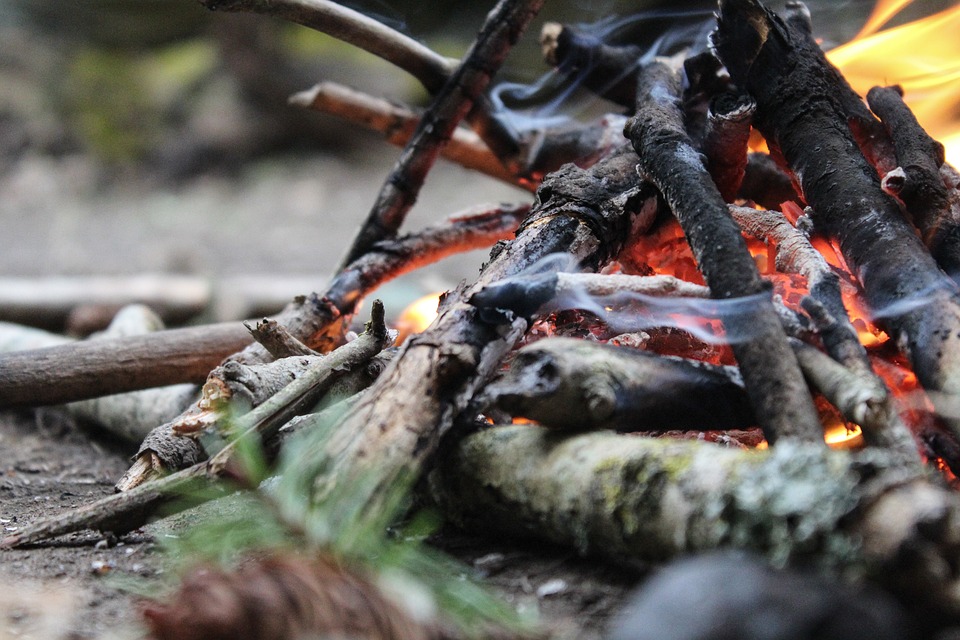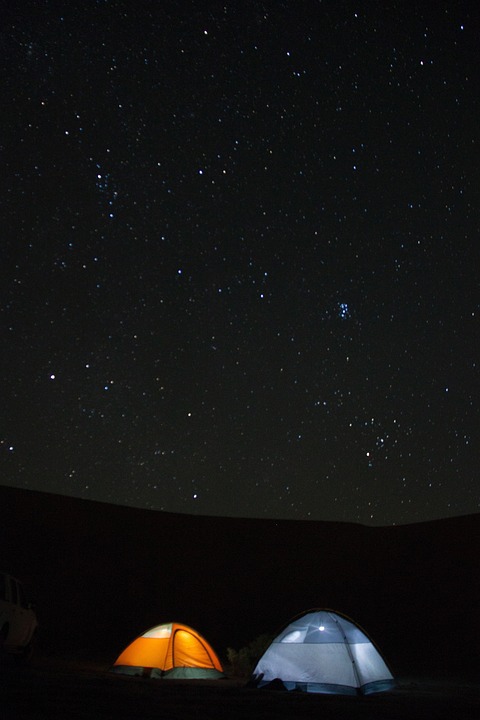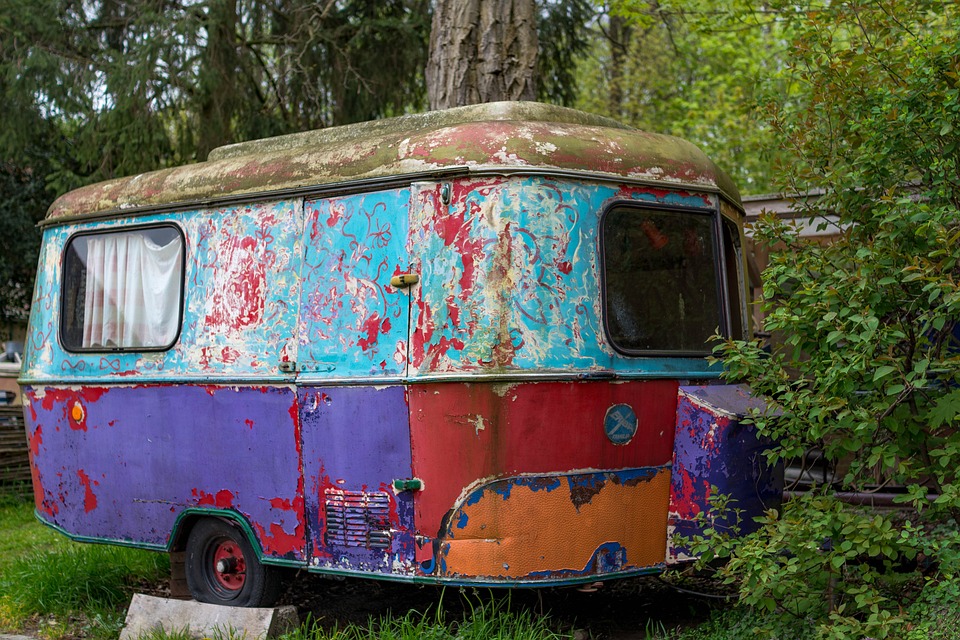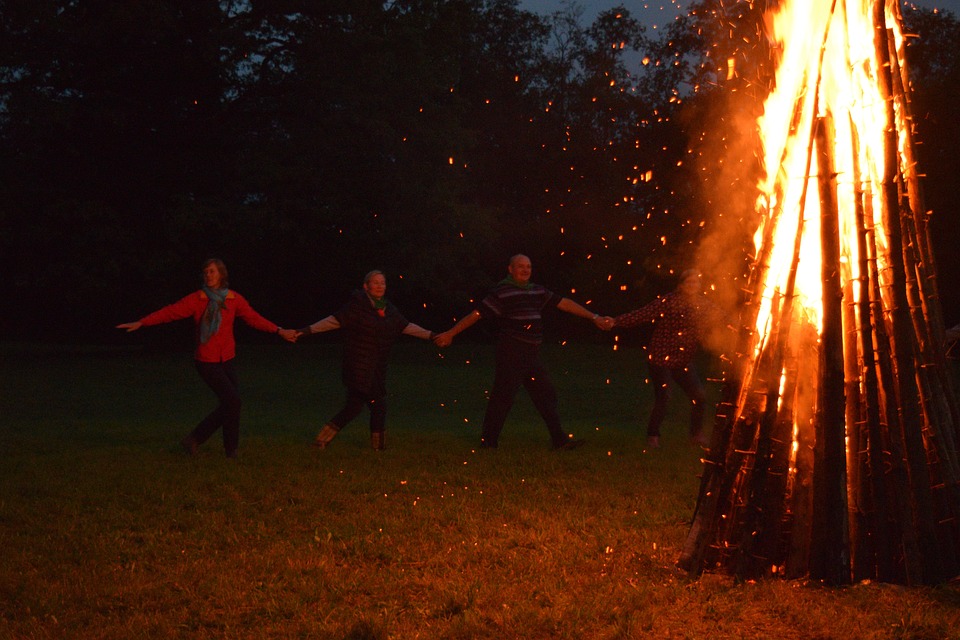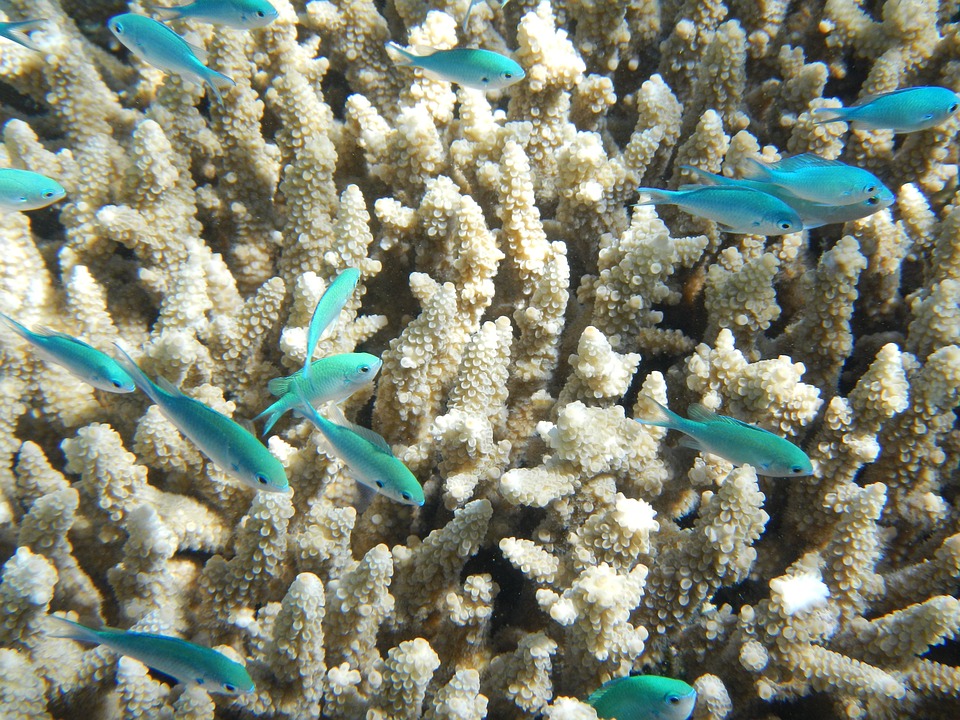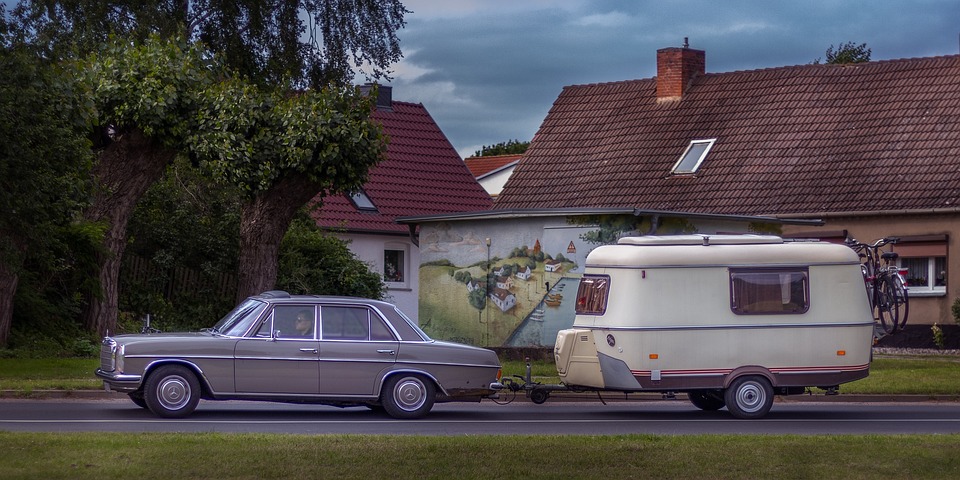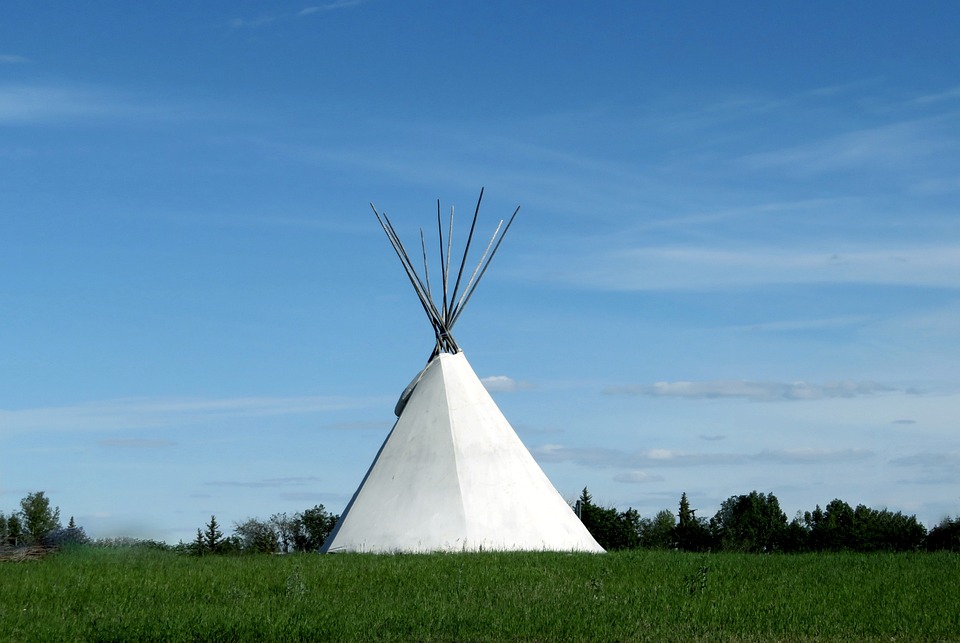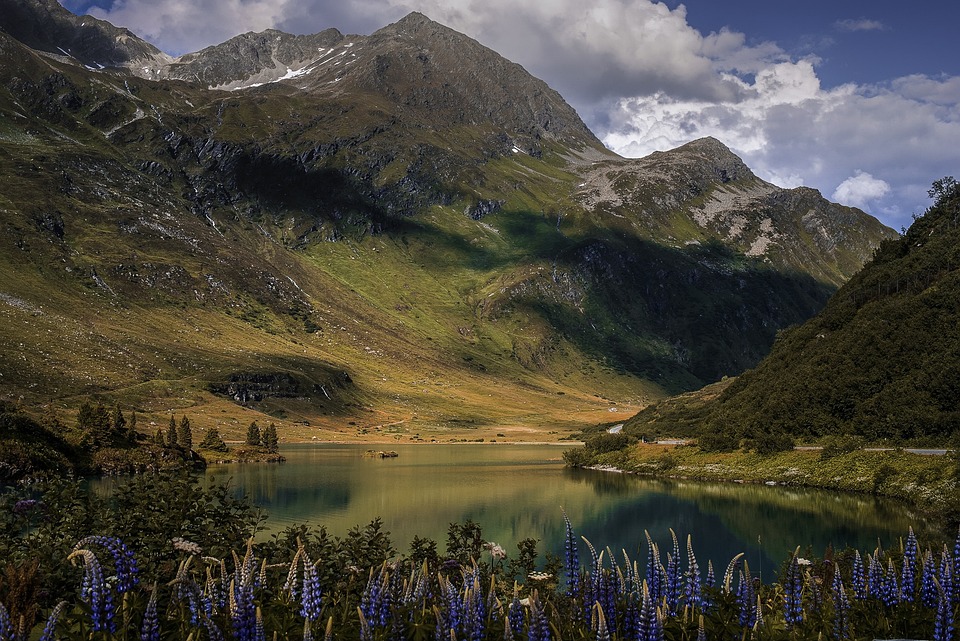steve
-
Stay Nourished, Stay Happy: The Best Nutritional Tips for Camping Meals
This content provides tips for maintaining a healthy diet while camping, including meal planning, choosing nutrient-dense foods, staying hydrated, ensuring food safety, and staying motivated to eat healthy.
Categories: Camping -
Exploring the Great Outdoors: A Beginner’s Guide to Camping
A beginner’s guide to camping: Choose the right gear, find a good campsite, pack efficiently, set up camp, cook outdoors, explore nature, stay safe, and follow FAQs.
Categories: Camping -
Surviving and Thriving: Mastering the Art of Off the Grid Camping
This article provides tips and insights on off the grid camping, including choosing the right location, essential gear, fire building, navigation, food and water procurement, wildlife safety, weather preparedness, and Leave No Trace principles. It also answers FAQs on beginners, emergencies, getting lost, backup power, and legal restrictions.
Categories: Camping -
Mastering the Art of Hot Weather Camping: Expert Advice and Insider Tips
Learn how to have a successful hot weather camping trip with expert advice and insider tips. Stay hydrated, dress appropriately, seek shade, manage energy levels, stay cool at night, stay bug-free, prepare meals effectively, and take safety measures.
Categories: Camping -
From Snowshoes to Sleep Systems: Mastering Cold Weather Camping Gear
This article provides tips for selecting and using cold weather camping gear, including snowshoes, insulation and layering, sleeping bags, tents and shelters, and cooking gear. It also answers FAQs about frostbite prevention, dealing with wet gear, and purifying water.
Categories: Camping -
Unlocking the Mysteries of the Sea: Exploring Specialty Scuba Gear for Unique Dive Experiences
This article explores specialty scuba gear, such as underwater lights, rebreathers, underwater cameras, and technical diving equipment, that enhance the diving experience for exploring the mysteries of the sea. Special training is often required, and owning the equipment is recommended despite the higher cost.
Categories: Scuba -
Embracing Adventure: Discover the Untamed Beauty of Cowboy Camping
Cowboy camping is sleeping under the stars without a tent, providing a raw camping experience. Minimalist packing, choosing the right location, and taking safety precautions are important.
Categories: Camping -
Discover the Thrill of Wild Camping: Embrace Nature Like Never Before
Wild camping allows you to immerse yourself in nature, choose secluded spots, and disconnect from the modern world. It requires proper gear, skills, and safety precautions, but offers unparalleled beauty and rewards for well-being. Research local regulations and practice responsible camping to minimize your impact on the environment. The best time for wild camping depends…
Categories: Camping -
Escape into Nature: Fun and Relaxing Camping Activities for Stress Relief
Camping in nature offers a chance to escape daily life and reduce stress. Activities like nature walks, meditation, campfires, stargazing, photography, and cooking can help relax and rejuvenate. Limiting the use of electronic devices is recommended. Camping can be done in campsites or remote areas for a more serene experience.
Categories: Camping


